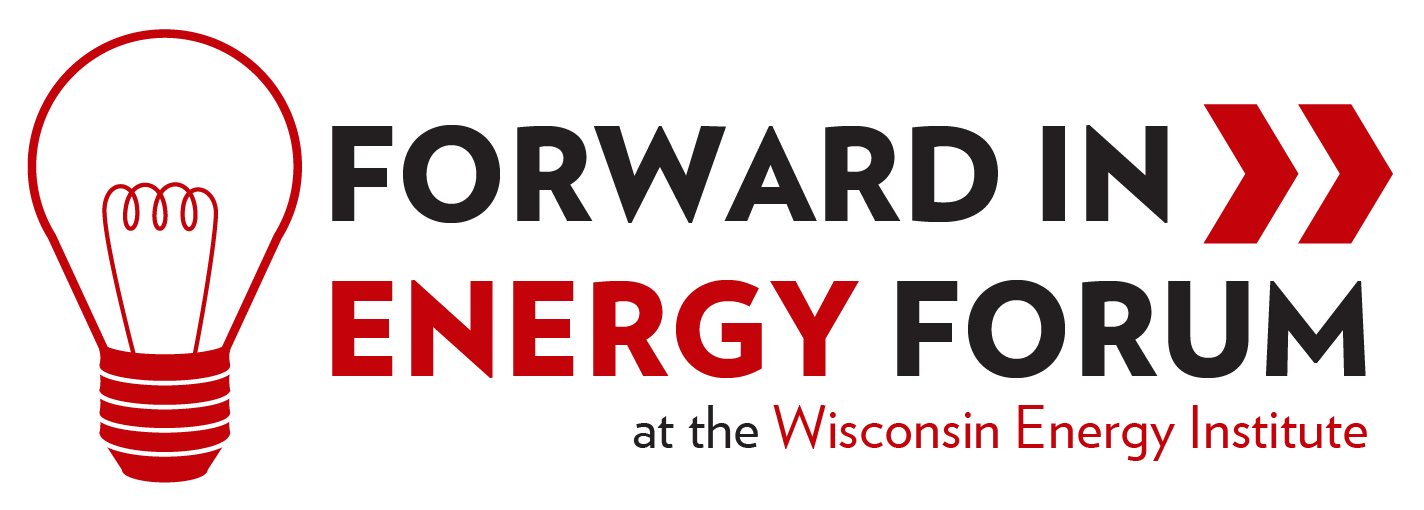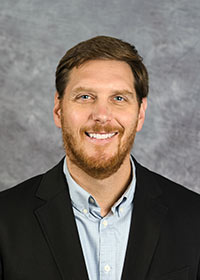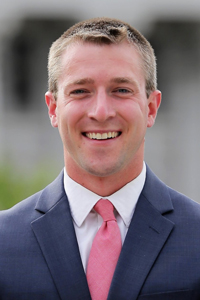
Description
How will the next four years drive national energy outcomes, such as the future of the electric grid, addressing energy justice, and international energy and climate policy? Join WEI and the Tommy G. Thompson Center on Public Leadership on Tuesday, October 20, from 4:30–6:00pm CT, as we use the lens of energy and climate to consider the plans, policies, and agendas of the two major presidential candidates.
Watch Forum Video (passcode required: SiEb6wxp )
Moderator
Greg Nemet
UW–Madison Professor of Public Affairs
 Gregory Nemet is a Professor at the University of Wisconsin–Madison's La Follette School of Public Affairs. His research and teaching focus research focuses on understanding the process of technological change and the ways in which public policy can affect it. He teaches courses in energy systems analysis, policy analysis, and international environmental policy.
Gregory Nemet is a Professor at the University of Wisconsin–Madison's La Follette School of Public Affairs. His research and teaching focus research focuses on understanding the process of technological change and the ways in which public policy can affect it. He teaches courses in energy systems analysis, policy analysis, and international environmental policy.
Professor Nemet's research analyzes the process of technological change in energy and its interactions with public policy. These projects fall in two areas: (1) empirical analysis identifying the influences on past technological change and (2) modeling of the effects of policy instruments on future technological outcomes. The first includes assessment of public policy, research and development, learning by doing, and knowledge spillovers. An example of the second is work informing allocation between research and development and demand-side policy instruments to address climate change.
Speakers
Morgan Edwards
UW–Madison Assistant Professor of Public Affairs
 Morgan Edwards is an Assistant Professor a the University of Wisconsin-Madison’s La Follette School of Public Affairs. Her research and teaching focus on human-centered energy responses to the climate crisis across policymaking scales. She draws on mixed quantitative and qualitative methods, combining large datasets and community knowledge with systems modeling, to assess and track the multi-dimensional impacts of human energy use. Current projects focus on fixing leaks in natural gas distribution systems, accelerating the phase-out of coal power plants, and assessing the equity implications of large-scale use of negative emissions technologies.
Morgan Edwards is an Assistant Professor a the University of Wisconsin-Madison’s La Follette School of Public Affairs. Her research and teaching focus on human-centered energy responses to the climate crisis across policymaking scales. She draws on mixed quantitative and qualitative methods, combining large datasets and community knowledge with systems modeling, to assess and track the multi-dimensional impacts of human energy use. Current projects focus on fixing leaks in natural gas distribution systems, accelerating the phase-out of coal power plants, and assessing the equity implications of large-scale use of negative emissions technologies.
Steph Tai
UW–Madison Professor of Law
 Steph Tai's scholarly research examines the interactions between environmental and health sciences and administrative law. These include the consideration of scientific expertise and environmental justice concerns by administrative and judicial systems, and as well as the role of scientific dialogues in food systems regulation, and the ways in which private governance incorporates scientific research. Professor Tai was an adjunct law professor at Georgetown from 2002-2005 and a visiting professor at Washington and Lee University School of Law during the 2005-06 academic year. Teaching interests include administrative law, environmental law, food systems law, environmental justice, risk regulation, contracts (especially private governance and supply chains), and comparative Asian environmental law.
Steph Tai's scholarly research examines the interactions between environmental and health sciences and administrative law. These include the consideration of scientific expertise and environmental justice concerns by administrative and judicial systems, and as well as the role of scientific dialogues in food systems regulation, and the ways in which private governance incorporates scientific research. Professor Tai was an adjunct law professor at Georgetown from 2002-2005 and a visiting professor at Washington and Lee University School of Law during the 2005-06 academic year. Teaching interests include administrative law, environmental law, food systems law, environmental justice, risk regulation, contracts (especially private governance and supply chains), and comparative Asian environmental law.
Scott Coenen
Executive Director, Wisconsin Conservative Energy Forum
 Scott Coenen is the Executive Director of the Wisconsin Conservative Energy Forum (WICEF), a non-profit organization that launched in fall 2017. As executive director Scott leads the effort to provide a voice for conservatives in the state’s energy policy debate, with a focus on advancing clean, reliable, affordable renewable energy and energy efficiency. Before joining WICEF in 2017, Scott spent five years in Wisconsin State Senator Howard Marklein's office. A native of De Pere Wisconsin, Scott attended the University of Wisconsin-Whitewater, majoring in International Business with a minor in Political Science.
Scott Coenen is the Executive Director of the Wisconsin Conservative Energy Forum (WICEF), a non-profit organization that launched in fall 2017. As executive director Scott leads the effort to provide a voice for conservatives in the state’s energy policy debate, with a focus on advancing clean, reliable, affordable renewable energy and energy efficiency. Before joining WICEF in 2017, Scott spent five years in Wisconsin State Senator Howard Marklein's office. A native of De Pere Wisconsin, Scott attended the University of Wisconsin-Whitewater, majoring in International Business with a minor in Political Science.
Selected as one of the 2019 recipients of Midwest Energy News 40 Under 40 leaders in the clean energy economy, Scott is dedicated to educating and informing conservative leaders on an “all of the above” energy strategy that includes emerging clean technologies and advancing a conservative, pragmatic vision of a renewable energy future.


